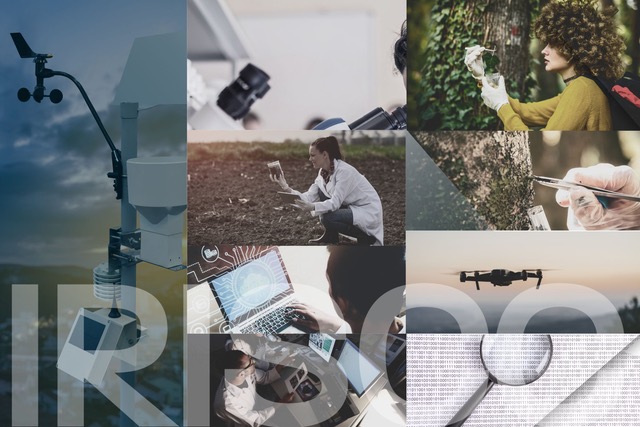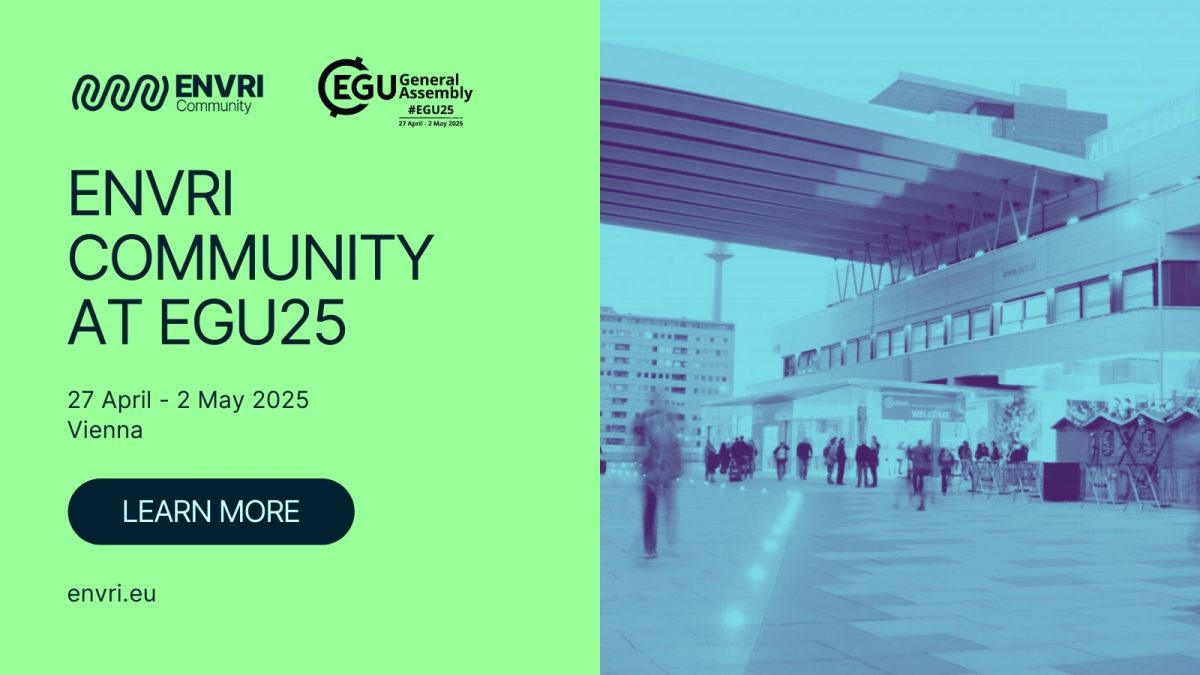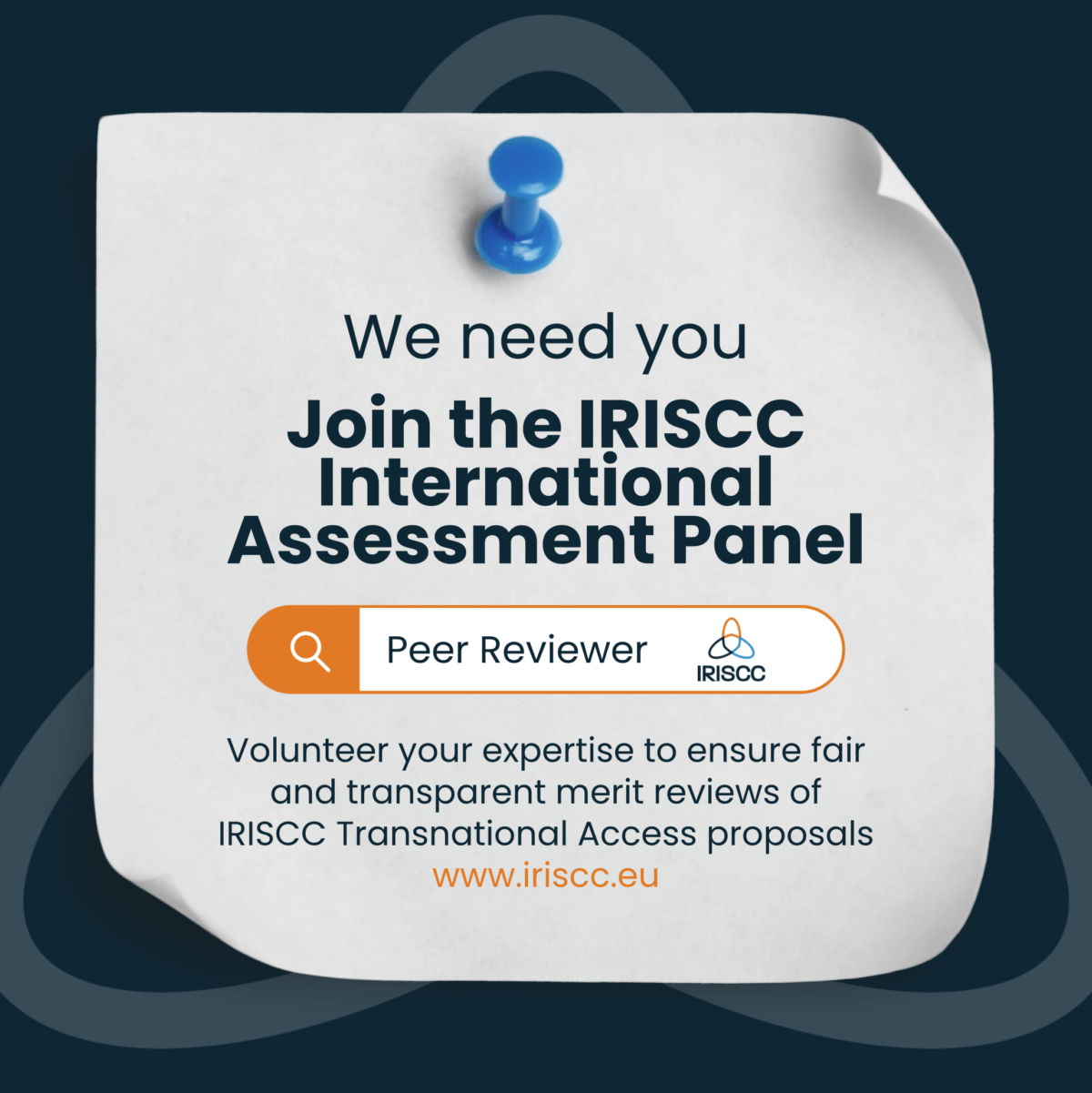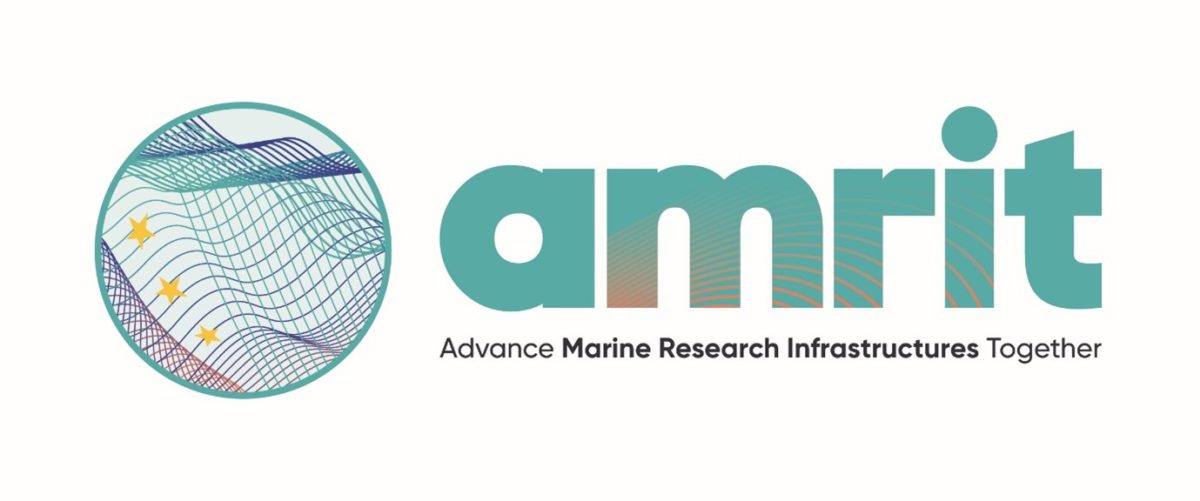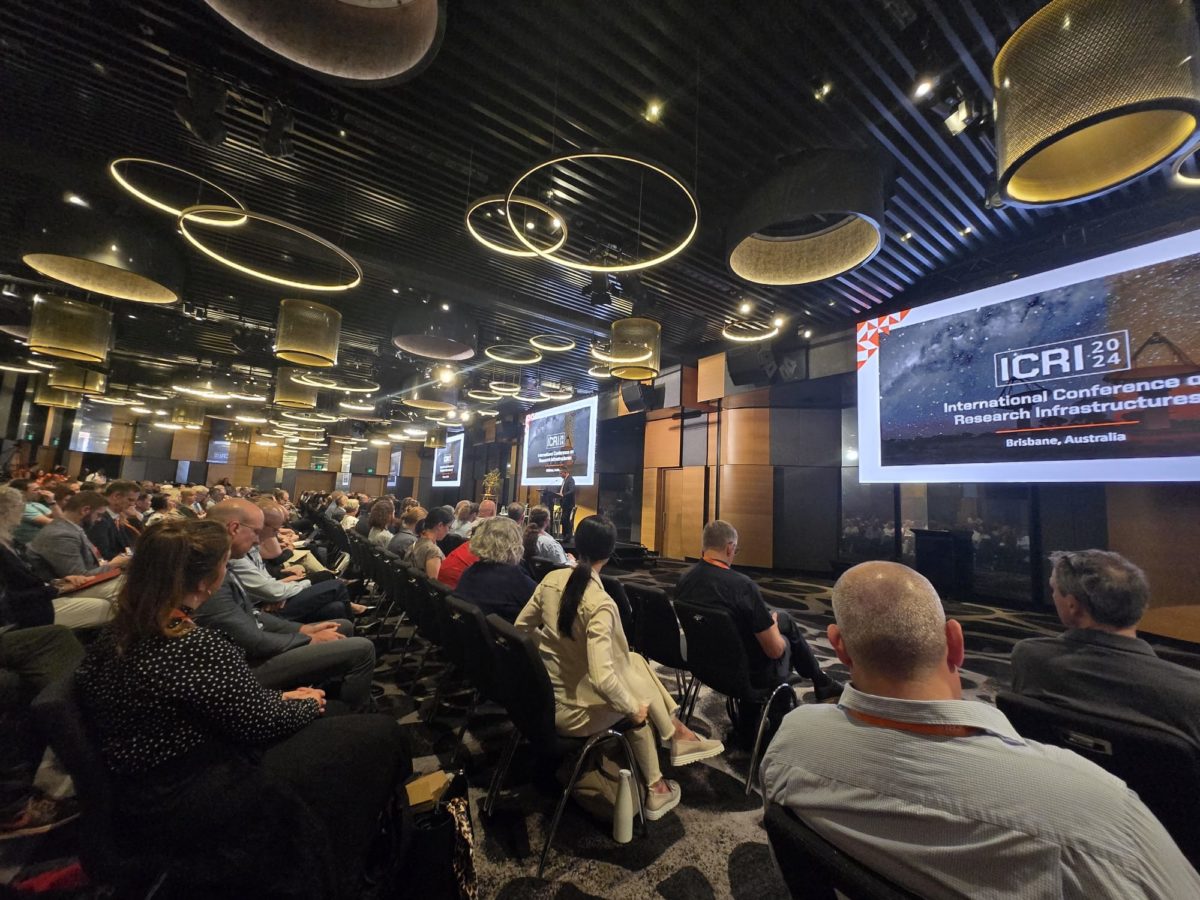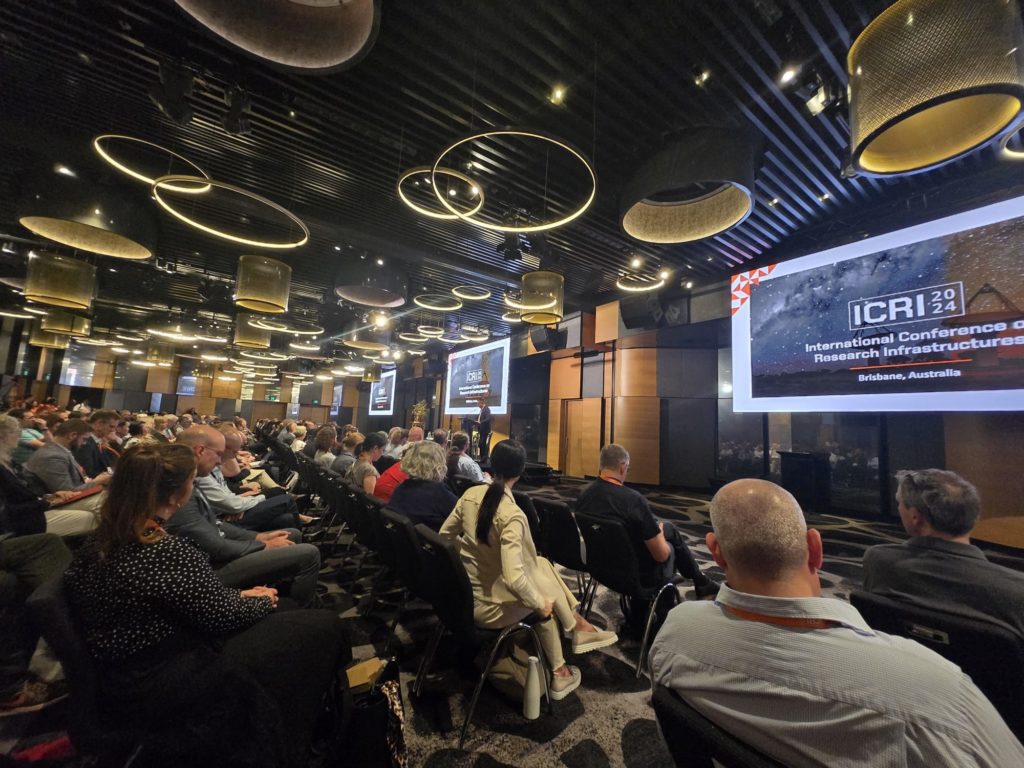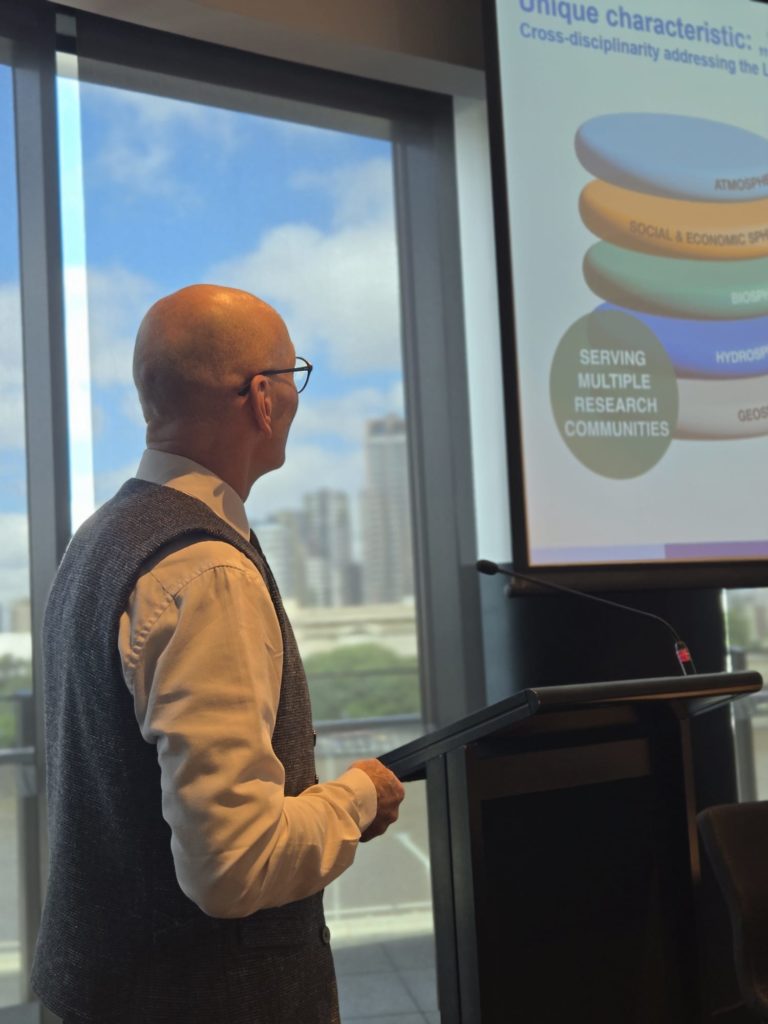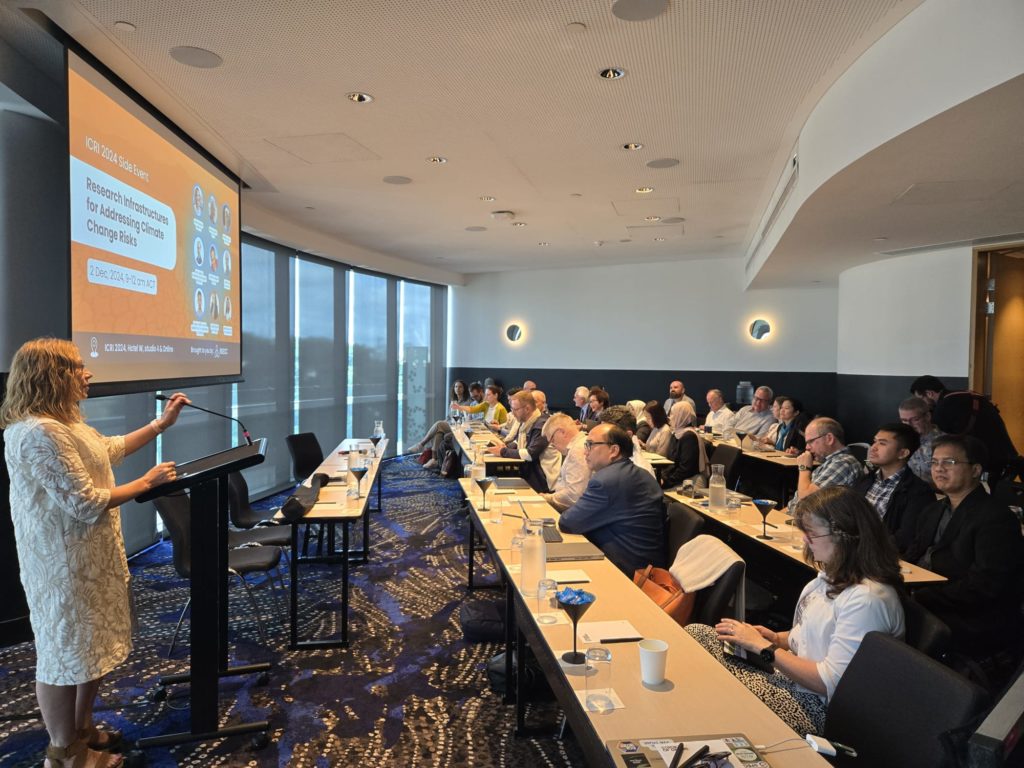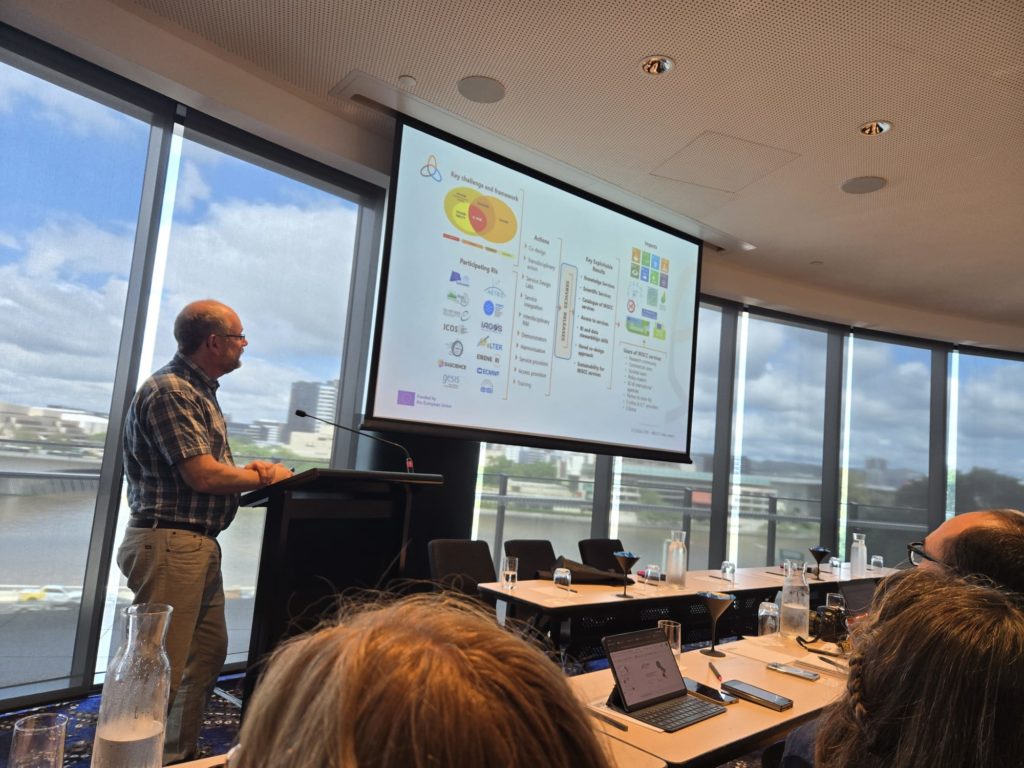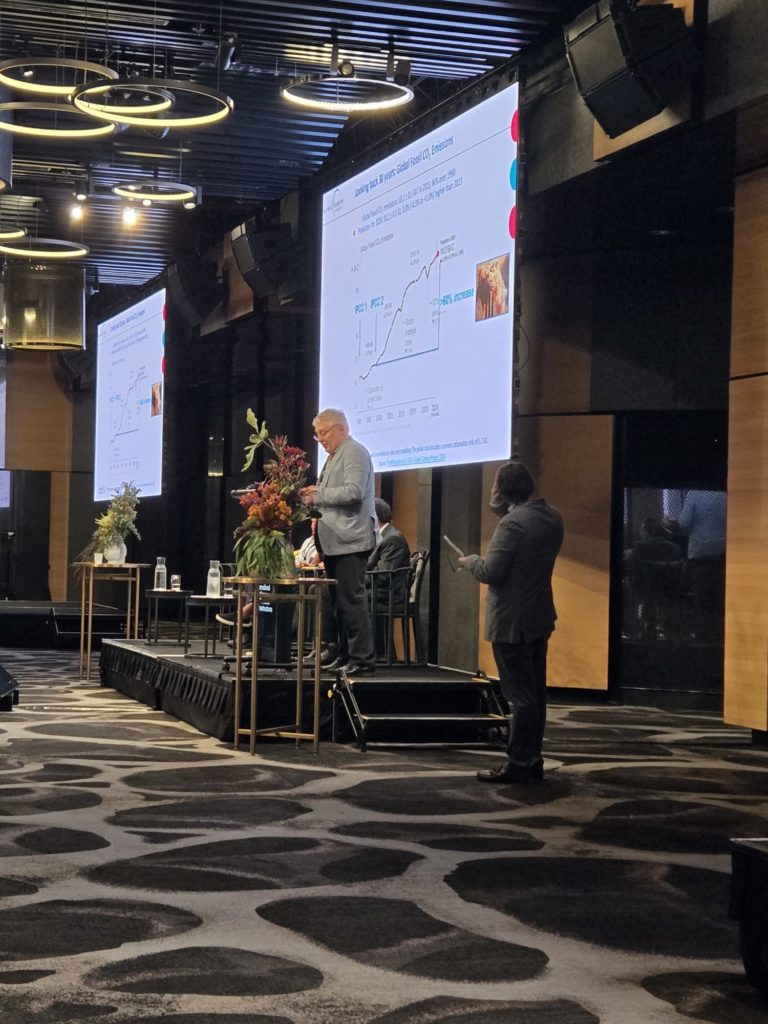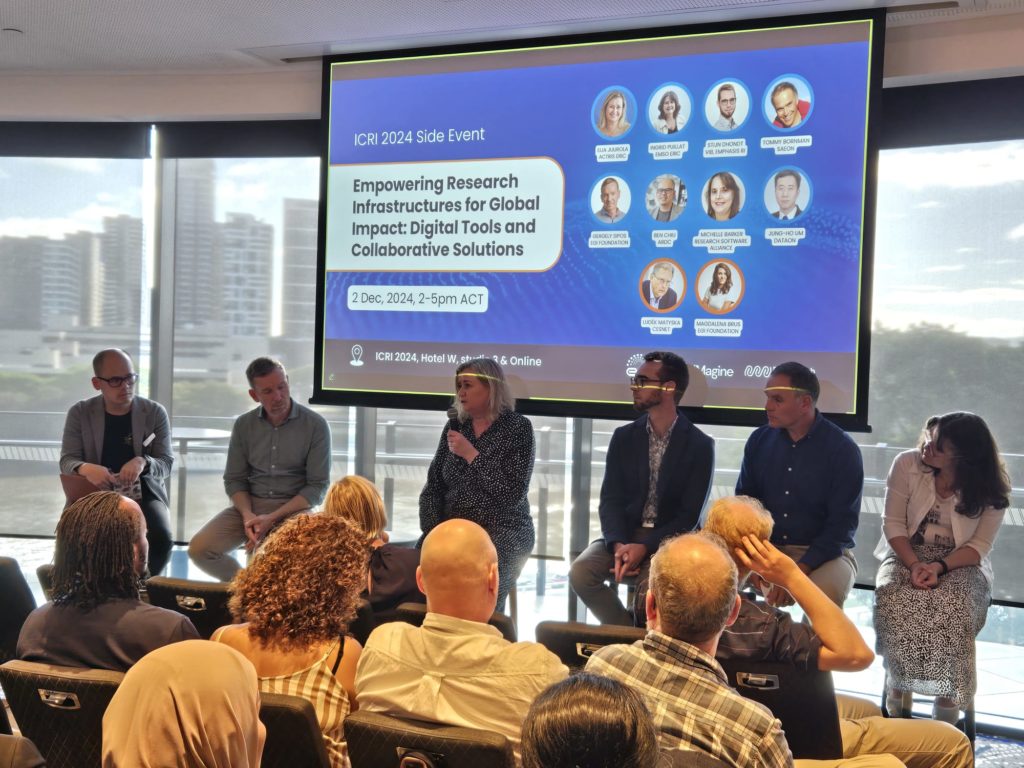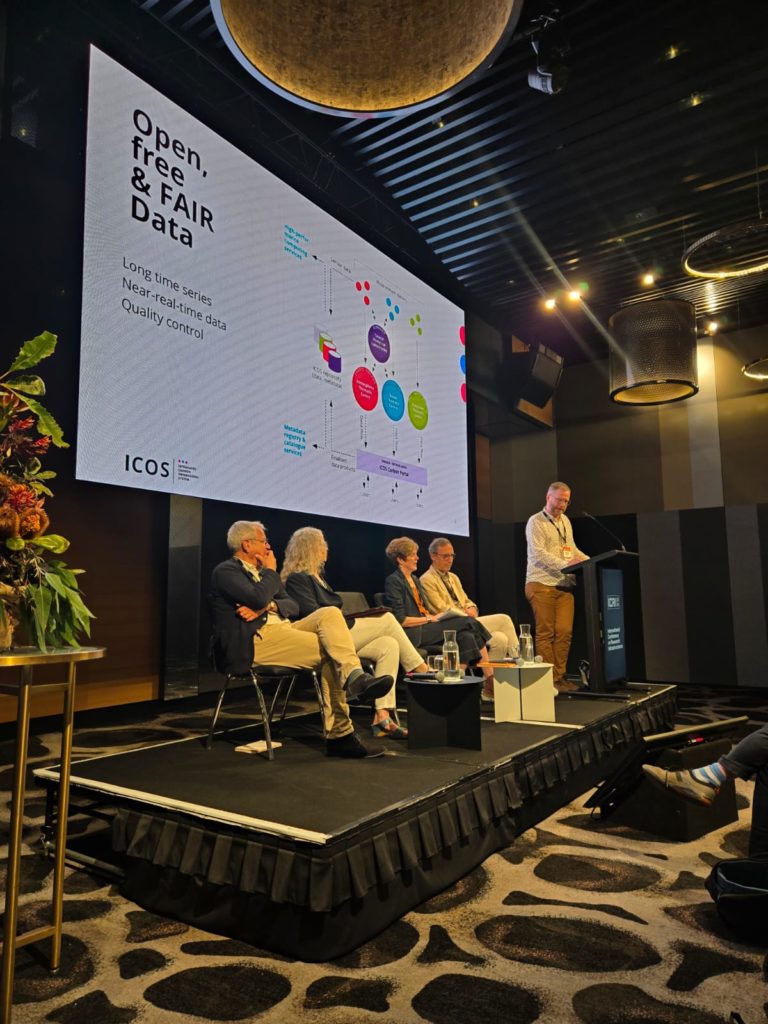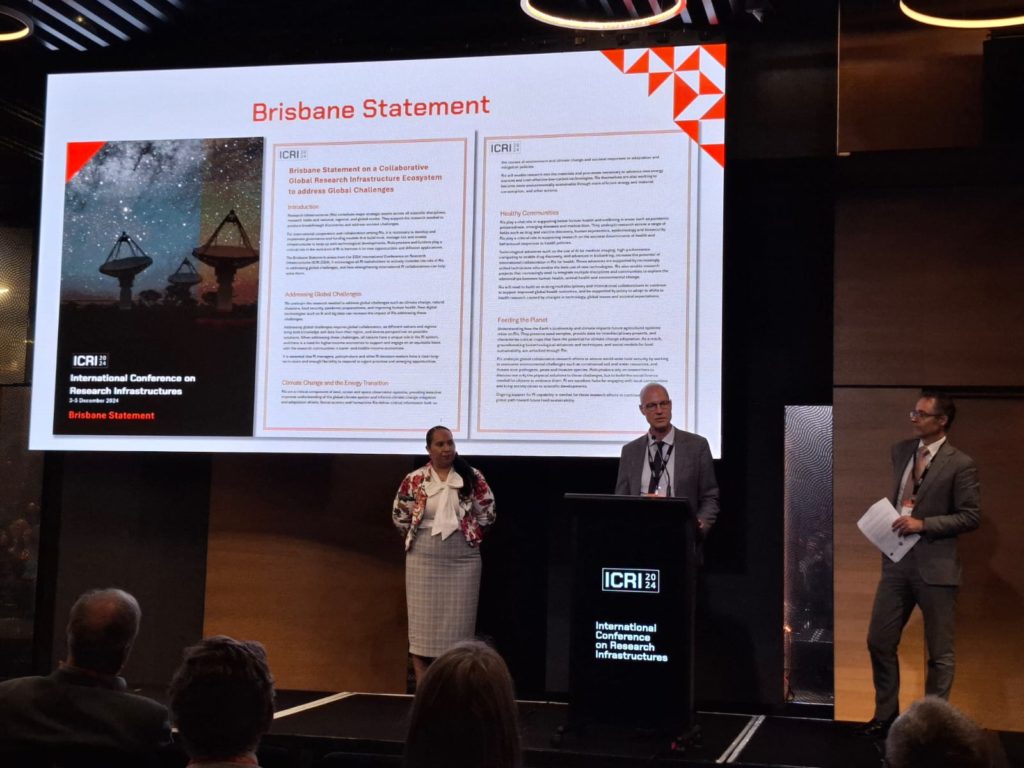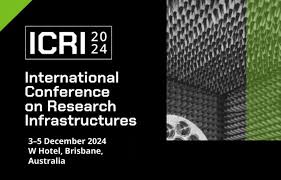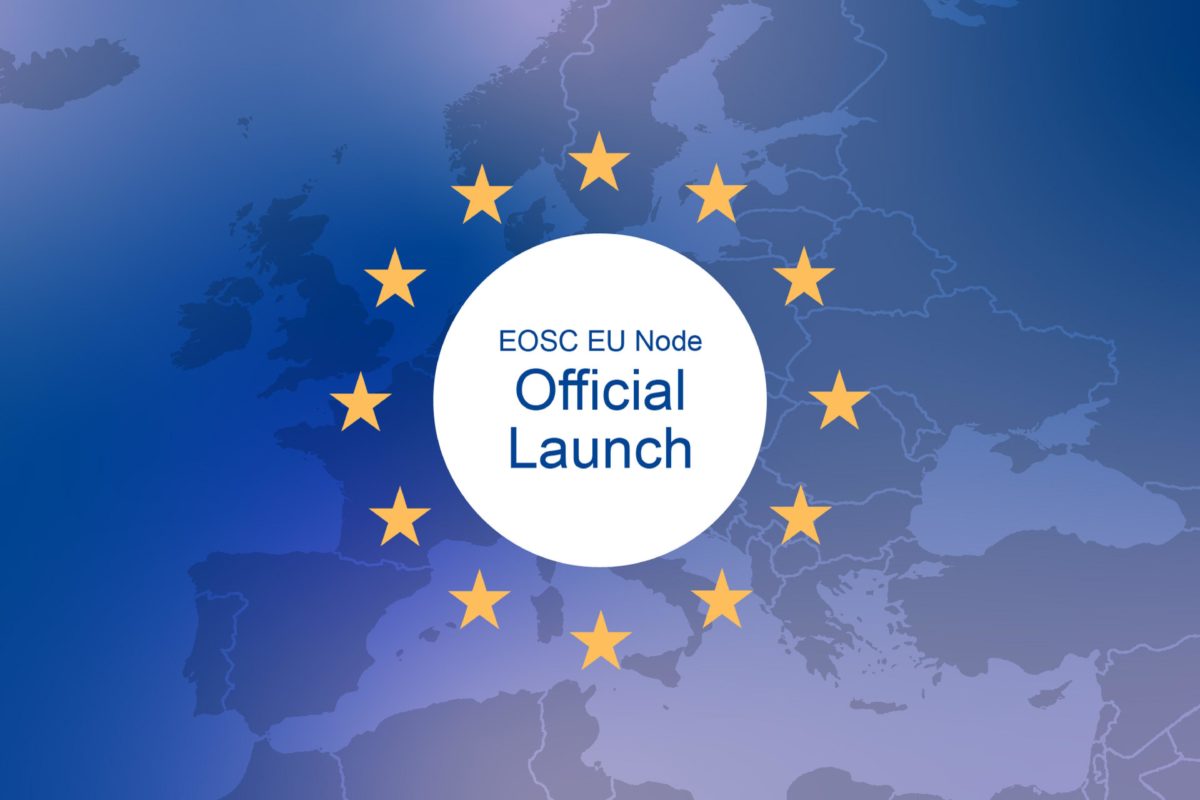The ENVRI community is delighted to announce its participation in the European Geosciences Union (EGU) General Assembly 2025, taking place in Vienna from 27 April to 2 May 2025. The conference serves as a platform for showcasing advancements in geosciences and interdisciplinary research, and we are proud to highlight the role of the ENVRI community and supporting projects in advancing environmental science.
Visit the ENVRI Booths
This year, the ENVRI community will host two medium-sized booths (Booths 64 and 65), prominently located at the entrance to the conference venue. These booths will serve as hubs for:
- Showcasing the capabilities and contributions of Environmental Research Infrastructures.
- Presenting supporting projects like ENVRI-Hub NEXT, iMagine, ENVRINNOV, IRISCC, AgroServ, AMRIT, GEORGE, interTwin, Blue-Cloud 2026, ATMO-ACCESS and collaborations with digital infrastructures like EGI.
- Engaging with the geoscience community through discussions, materials, presentations, and activities.
Join the Lunch Talks at the ENVRI Community booth Monday till Thursday between 12:45 and 13:45. Read more about the Lunch Talk programme.
Explore Relevant Sessions
In addition to the booth presence, the ENVRI community is excited to support and promote several key sessions that highlight the role of RIs in advancing environmental science:
Monday, 28 April
Orals | Mon, 28 Apr, 08:30–12:30 (CEST) Room 2.24
Posters on site | Attendance Mon, 28 Apr, 16:15–18:00 (CEST) | Display Mon, 28 Apr, 14:00–18:00 Hall X4
Posters virtual | Attendance Thu, 01 May, 14:00–15:45 (CEST) | Display Thu, 01 May, 14:00–18:00 vPoster spot 2
Convener: Anna Santoro | Co-conveners: Gustavo Naumann, Quertenmont Pierre, Elena Garbarino
- Focus: High-level outcomes from integrated RIs, with an emphasis on policy impacts, governance, and the strategic future of environmental science.
- Ideal Contributions: Large-scale impacts, strategic insights, and policy-oriented research outcomes.
Orals | Mon, 28 Apr, 14:00–17:55 (CEST) Room 2.24
Posters on site | Attendance Mon, 28 Apr, 10:45–12:30 (CEST) | Display Mon, 28 Apr, 08:30–12:30 Hall X5
Posters virtual | Attendance Thu, 01 May, 14:00–15:45 (CEST) | Display Thu, 01 May, 14:00–18:00 vPoster spot 2
Convener: Hilde Orten | Co-conveners: Claudio D’Onofrio, Hannah Clark, Angeliki Adamaki, Solmaz MohadjerECS
- Focus: Exploring the intersection of social sciences and environmental studies.
- Topics: Climate action plans, environmental governance, biodiversity conservation, disaster risk reduction, and resilient communities.
19:00–20:00 (CEST) | Room N1
Convener: Magdalena Brus | Co-conveners: Päivi Haapanala, Janne Rinne
Wednesday, 30 April
Wed, 30 Apr, 10:45–12:30 (CEST) | Room 2.61
The Horizon Europe-funded project “ENVRINNOV – ENVironment Research Infrastructures Innovation Roadmap,” is working towards developing a common Innovation Roadmap for the environmental research infrastructures (ENVRIs) community. As part of the project, a series of capacity building sessions is being developed to promote collaboration and establish a shared understanding of Innovation concepts and processes in the ENVRI community, including on Technology Development, Technology Transfer, and Industrial Approach.
The first session will take place during EGU and aims to:
– Provide a general introduction to the concept of innovation in the context of ENVRIs, and how it can benefit RIs and the ecosystem.
– Demonstrate how the ENVRINNOV project can support ENVRIs in their innovation process.
– Explore ways of enhancing communication and collaboration between ENVRIs and the private sector as a means to accelerate innovation.
If you are interested in taking part, please register here.
Draft event programme is attached here.
For any additional information, you may contact a.dubost@opgc.fr
19:00–20:00 (CEST) | Room N1
Convener: Jacco Konijn | Co-convener: Magdalena Brus
Thursday, 1 May
Convener: Convener: Christian Pagé | Co-conveners: Hannes Thiemann, Christin Henzen, Heinrich Widmann, Christopher KadowECS, Wolfgang zu Castell, Paul Kucera
Orals | Thu, 01 May, 08:30–12:30 (CEST) Room -2.92
Posters on site | Attendance Thu, 01 May, 16:15–18:00 (CEST) | Display Thu, 01 May, 14:00–18:00 Hall X4
Convener: Eugenio Trumpy | Co-conveners: Massimiliano Assante, Angeliki Adamaki, Jacco Konijn, Magdalena Brus, Anca Hienola, Marta Gutierrez
Orals: Thu, 01 May, 14:00–15:45 (CEST) | Room -2.92
Posters on site: Attendance Thu, 01 May, 10:45–12:30 (CEST) | Display Thu, 01 May, 08:30–12:30 Hall X4
- Focus: Technical and scientific advancements in data integration, interoperability, and collaboration.
- Ideal Contributions: Case studies, tools, and practical solutions showcasing innovations within the ENVRI community.
How You Can Participate
We invite all ENVRI RIs and supporting projects to:
- Attend our sessions!
- Engage with the Booth and talk to our experts
- Join the ENVRINNOV Splinter Meeting: We warmly invite all members of the ENVRI community, as well as anyone interested in innovation in environmental research infrastructures, to participate in this interactive and engaging pilot training session. Feedback from this first session, will help shape further training to be made available to the community.
For more information or questions about the ENVRI presence at EGU 2025, including contributions to the booth, please don’t hesitate to reach out.
We look forward to seeing you at EGU 2025, as we highlight the collective strength and impact of the ENVRI community in advancing environmental research!


